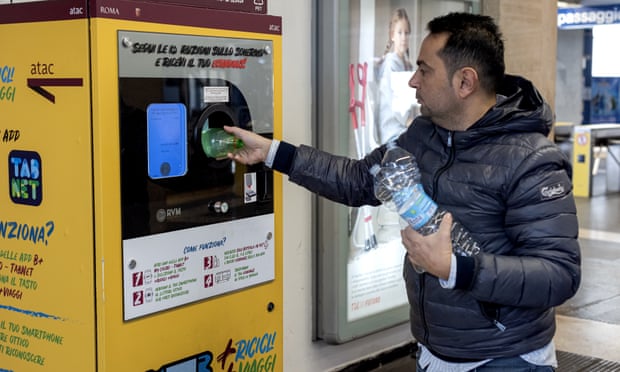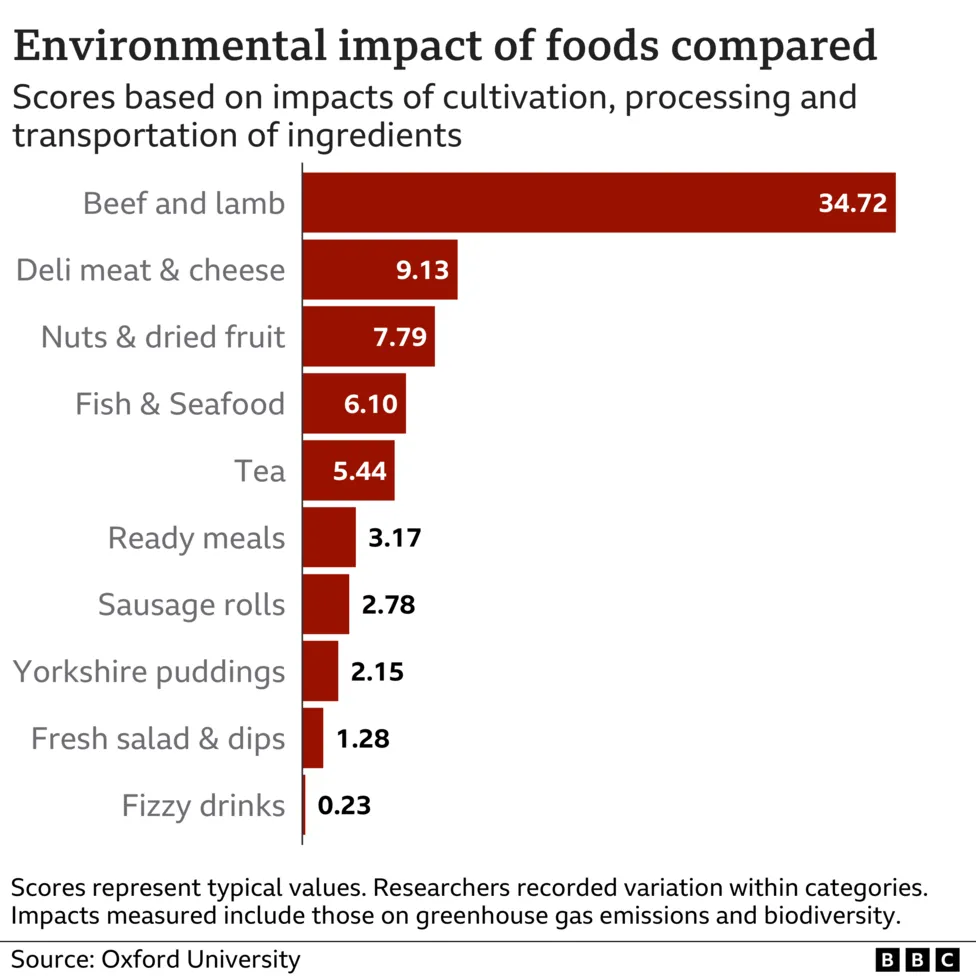
The launch of a long awaited deposit return scheme for plastic bottles in England is expected to be announced by the government.
Five years after Michael Gove first promised to bring it in, it is understood ministers will on Friday give the go-ahead for a deposit return scheme (DRS) that will not include glass, according to a report in the Grocer magazine.
The failure to include glass in the scheme, which was a manifesto promise, has been criticised by campaigners as a missed opportunity.
Surfers Against Sewage (SAS), which has campaigned for a DRS to tackle plastic pollution, said: “Whilst we should celebrate action being taken against the scourge of plastic pollution, this much delayed announcement on DRS appears a huge missed opportunity.
“The government has rolled back on its 2019 manifesto commitment to include glass, one of the most environmentally damaging materials. This is frankly nonsensical and puts England at odds with systems being introduced in Scotland and Wales, hindering UK-wide compatibility.”
The introduction of the deposit return scheme will not happen until 2024 – six years after it was announced by the government as a key environmental policy.
The delay has been criticised by SAS, which said it would result in an additional 16bn containers leaching into the environment, choking rivers and seas. “We demand greater ambition from government,” said SAS.
The Department for Environment, Food and Rural Affairs said it would be making an announcement on Friday.
A DRS was first announced in 2018 by Gove, the then environment secretary, to cut the litter polluting the land and sea by returning a small cash sum to consumers who return their bottles and cans. It came after years of campaigning and with a warning from Gove that it was “absolutely vital we act now to tackle this threat and curb the millions of plastic bottles a day that go unrecycled”.
The government’s manifesto promise in 2019 was to introduce a deposit return scheme to incentivise people to recycle plastic and glass and the first consultation was met with a high level of support for the scheme.
Across the UK, consumers go through an estimated 13bn plastic drinks bottles a year. Only 7.5bn are recycled. The remaining 5.5bn are landfilled, littered or incinerated.

Scotland’s DRS will begin in August this year and will include glass, plastic and cans. The public will pay a 20p deposit when they buy a drink that comes in a single-use container made of PET plastic, steel and aluminium, or glass. They will get their money back when they return the empty container to one of tens of thousands of return points.
Campaigners urged the government to reconsider the exclusion of glass from the English DRS. Sian Sutherland, co-founder of A Plastic Planet, said: “We are set to disincentivise consumer recycling of what would otherwise be perfectly recyclable containers like glass bottles.
“An all-in deposit return scheme across all four nations of the UK is the only way we will radically reduce our dependence on natural resources. We cannot continue to ignore the UK’s chronically low levels of glass recycling. We need urgent systems change that do not create perverse incentives in the market and leave our environment open to perpetual degradation.”
Source The Guardian





